There is no “typical” day at work for Wilson Judice, an agronomist for the American Sugar Cane League (ASCL).
“Every day and every season come with different experiences. Some days I’m traveling and meeting with farmers to help them plan the crop and discuss various concerns, news, innovations, and ideas,” said Judice of Franklin, Louisiana. “Other days are spent talking with policymakers about the specific needs and concerns of the farmers and millers that make up our industry.”
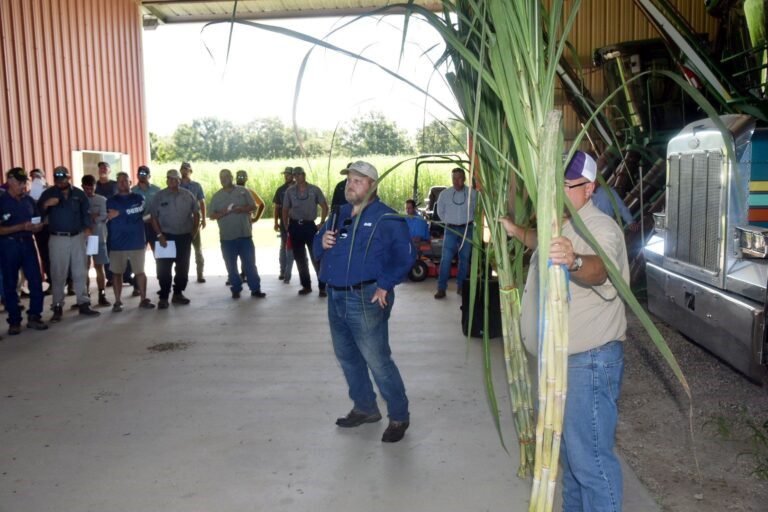
Sugarcane is a way of life for Judice, who was born and raised in St. Mary Parish on Louisiana’s Gulf Coast.
“The parish is primarily surrounded by wetlands and water and our community was largely built on the sugar industry,” he said. “Rural communities in Louisiana are distinctive because they exist wherever solid ground allows. This is usually along the natural high ground that makes up the banks of bayous and rivers with expanses of sugarcane fields interrupted by small towns and villages.”
Judice grew up on a sugarcane farm and enjoyed riding along in the fields with his father and grandfather.
“Farming generally shaped my entire life,” he said. “When I started kindergarten, I was genuinely worried about how the farm would run without me! All I ever wanted to do was be a sugarcane farmer.”
After graduating from high school, Judice attended Louisiana State University where he earned bachelor’s and master’s degrees in agronomy.
“My parents encouraged me to go to college as a safety net of sorts because things can be so uncertain on farms,” he said. “I studied agronomy specifically because I thought it could be the most useful and impactful knowledge to bring home to the farm.”
Judice was the sixth generation to grow sugarcane on his family’s farm and he also conducted variety trials for the ASCL in his fields. After a career in farming, he accepted an opportunity to work as an ASCL agronomist.
“I was excited to be able to use my skills, knowledge, and degrees in the industry I love. A large part of my time is involved in variety development,” he said. “That includes evaluating new varieties through yield trials, working with grower-cooperators to ensure adequate expansion of seed cane for release to the farmers and planning and implementing research to help growers make the most informed decisions about which varieties produce the best yields for their specific operation.”
Sugarcane is unique in American agriculture because it is a perennial crop that is vegetatively propagated. This means farmers plant part of the stalk rather than a true seed, according to Judice.
“Much like the grass in your yard, we cut multiple harvests from a single planting and there are sometimes as many as six harvests. This means we are just planting a portion of our total acreage each year,” he said. “That is how we can plant in August and September and then turn around and harvest from September through January. We aren’t harvesting what we just planted because it will have at least a year to grow. We must wait until just before harvest to plant because we are planting the whole stalks and they need to be tall to maximize the efficiency of each one.”
Judice said there is no commercial investment in variety development for sugarcane due to its relatively small acreage in the United States, compared to row crops such as corn or soybeans.
“Because sugarcane is such a unique crop, the expertise and technology developed in other crops is often not applicable for us. The networking and sharing of information must occur within the crop instead of with agronomists with other specialties,” he said. “It’s not that we can’t learn from them, it just takes some adaptation to make it work for us.”
Cooperation is the key to success in the American sugarcane industry.
“Our varieties are public varieties developed by the collaboration of the ASCL, the LSU AgCenter and USDA,” Judice said. “Each one plays a role in the process and because all the mills and most of the farmers are members of the ASCL, we all have a stake in it. We must work together for any of us to be successful.”
Sugarcane is a vital part of the lifestyle and culture of southern Louisiana communities.
“The farms and mills are major employers in our rural areas, but other businesses such as equipment companies, tire stores and safety supply stores all contribute to our local economies as part of our industry,” said Judice. “Our term for harvest is ‘grinding.’ Our town used to turn the historic lamp posts sideways during grinding so the tractors hauling whole stalks of cane to the mill didn’t accidentally hit them. Everyone knows when grinding starts and everyone in town cheers the whistle when the mill finishes up for the season.”
The sugarcane crop is celebrated every year at the annual Sugar Cane Festival in nearby New Iberia.
“Our own Mardi Gras Krewe crowns ‘King Sucrose’ every year in honor of the crop,” Judice said. “We are proud of our ‘sweet’ heritage and way of life, even with the long days.”
Those long days are worth it for Judice, whose passion is helping farmers solve problems and improve their operations.
“One of the coolest experiences I’ve had recently was meeting with two fairly young row crop farmers who were just starting to expand into cane and really drilling down the details with them,” he said. “I was able to tie back into my experiences as a sugar cane farmer and help them create a solid plan to make their first cane crop successful.”
Judice and his wife Dana are the parents of four children ages 23, 23, 19 and 15. The family is focused on the future, both of their children and the American sugar industry.
“My hope is that young people who have an interest in this industry can find a way to get involved, stay involved and make a living continuing on centuries of tradition,” he said.
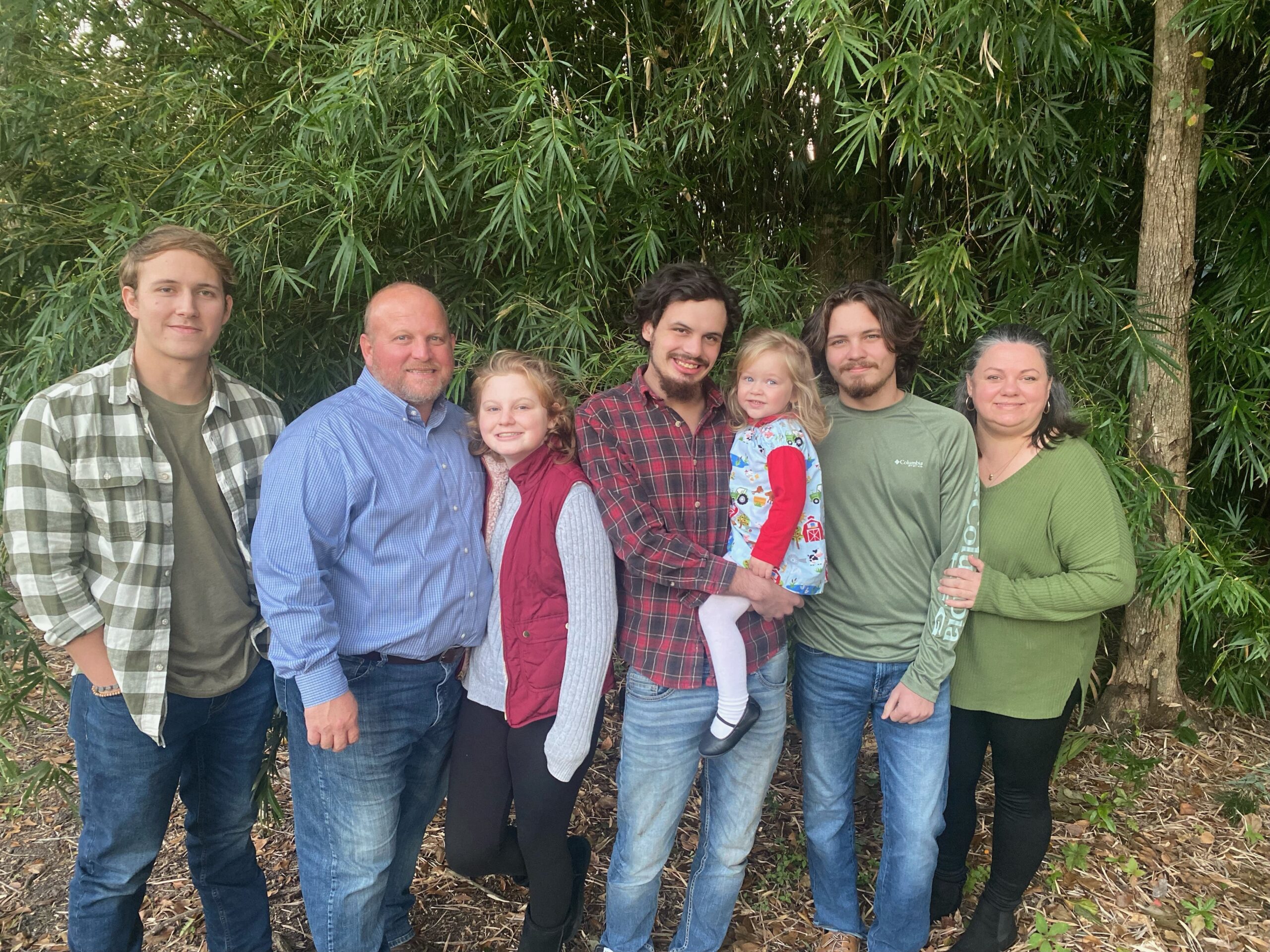
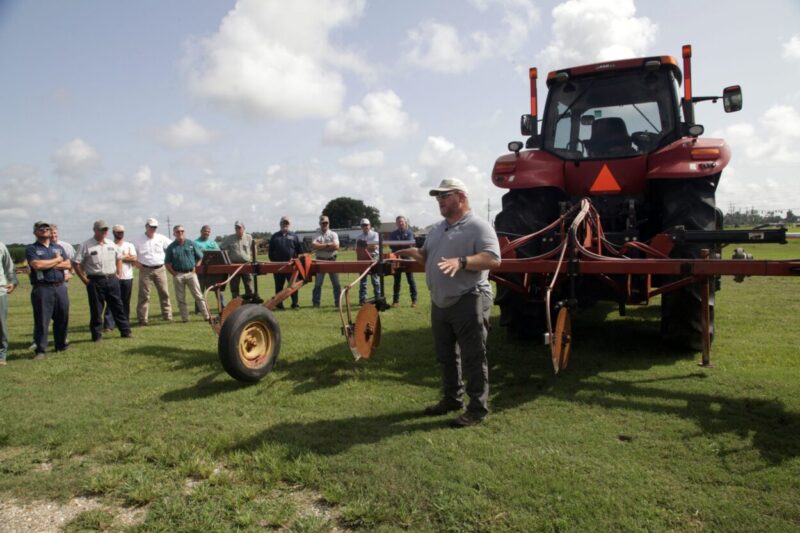
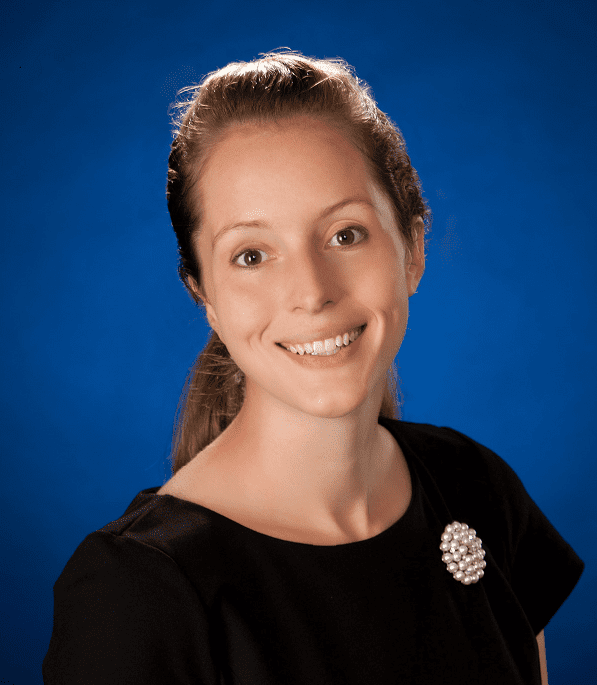
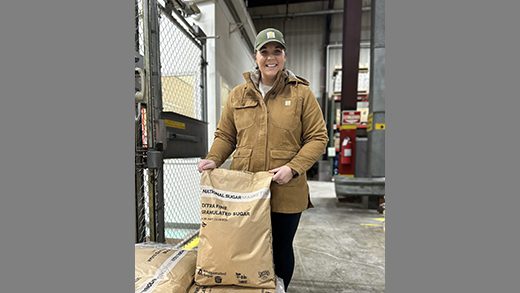
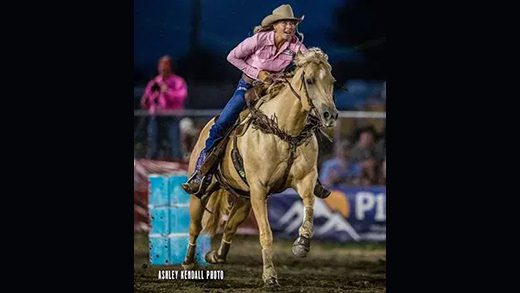

Get Social with #MoreToSugar